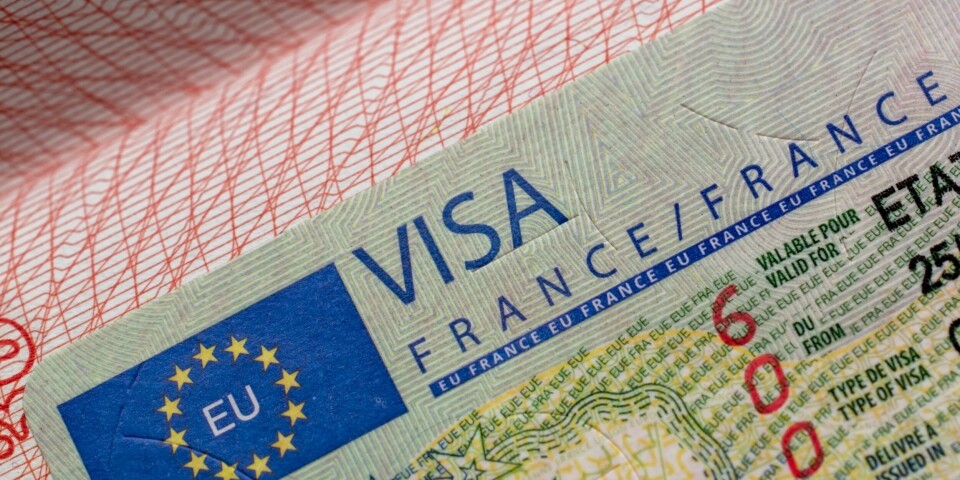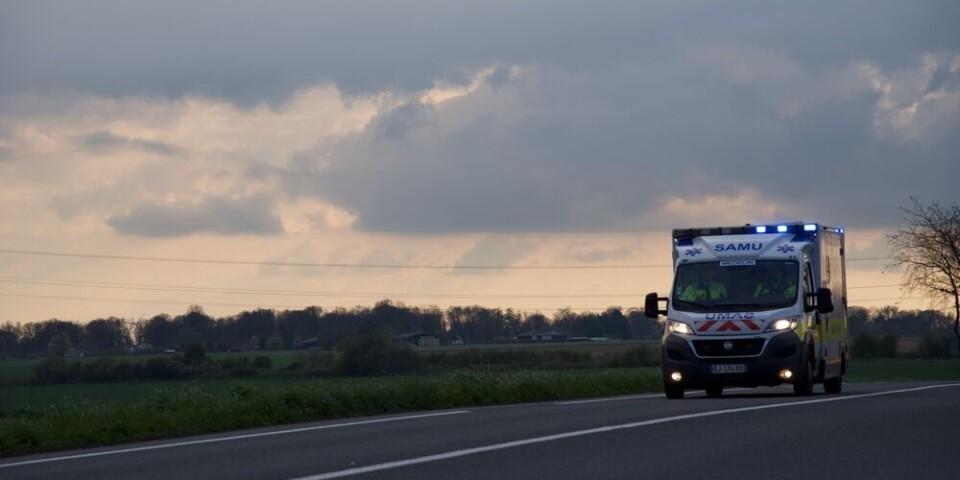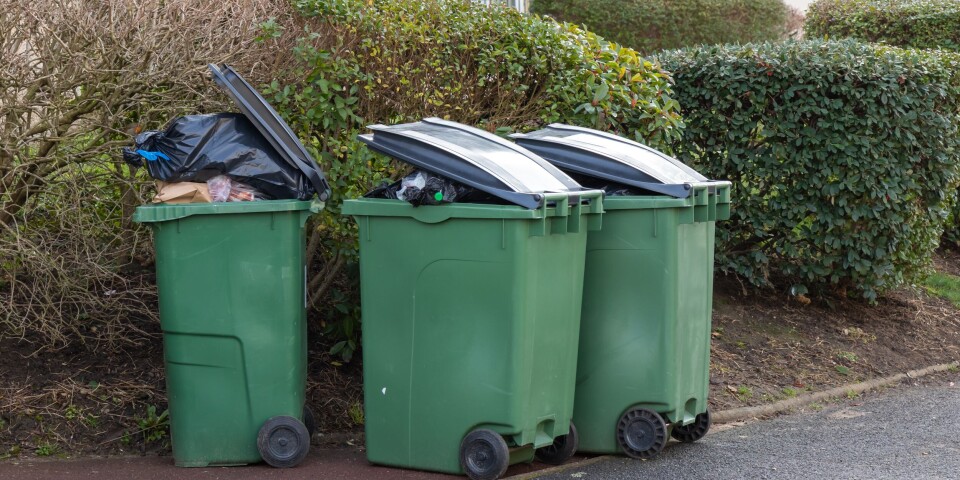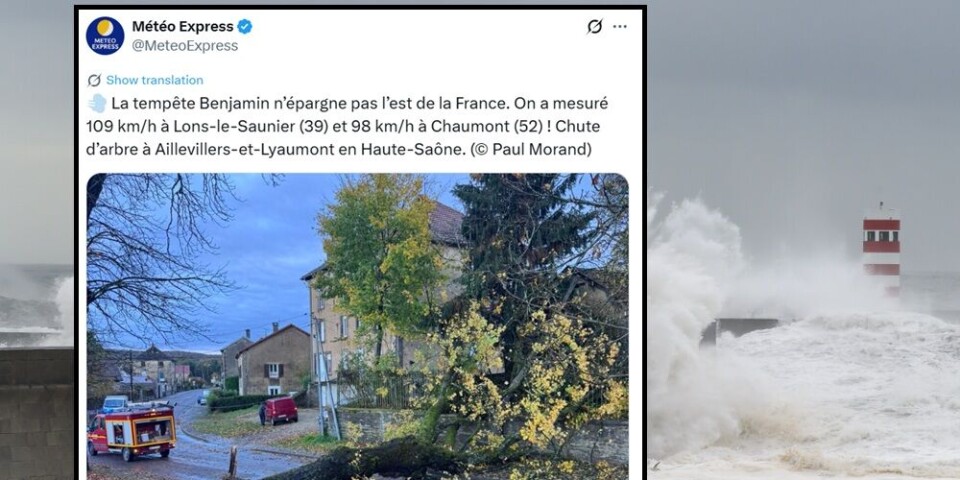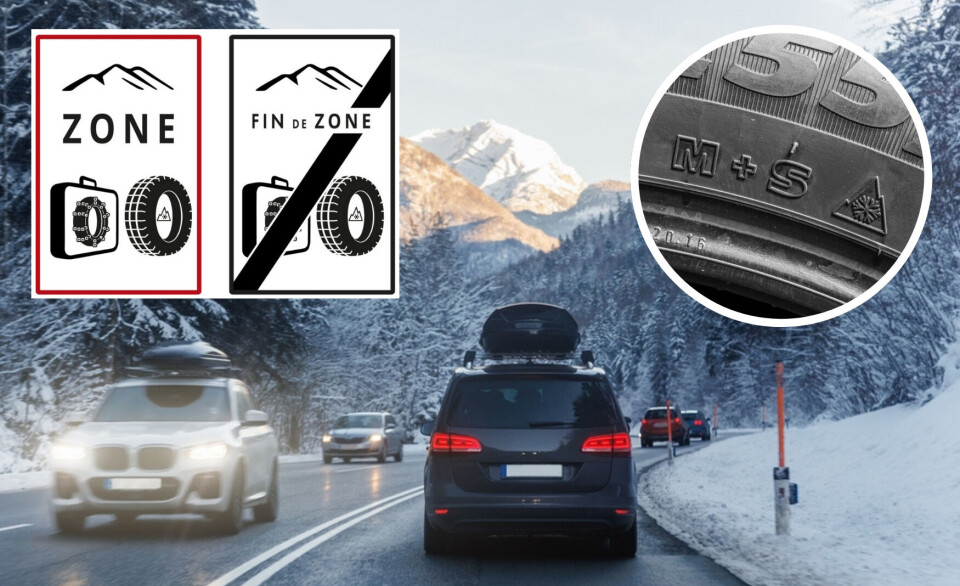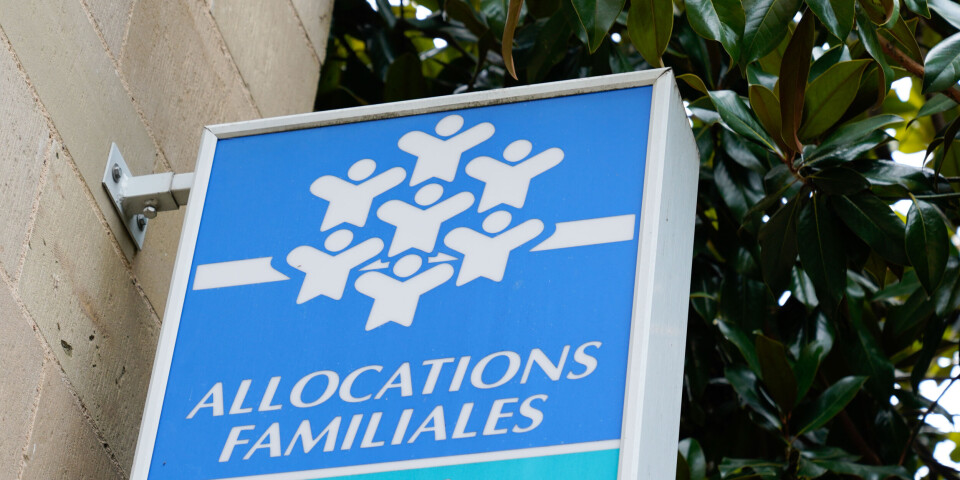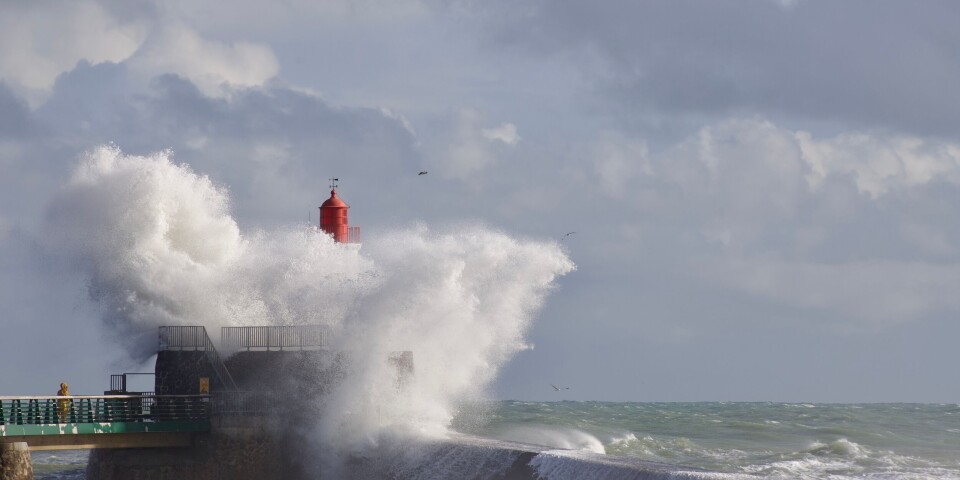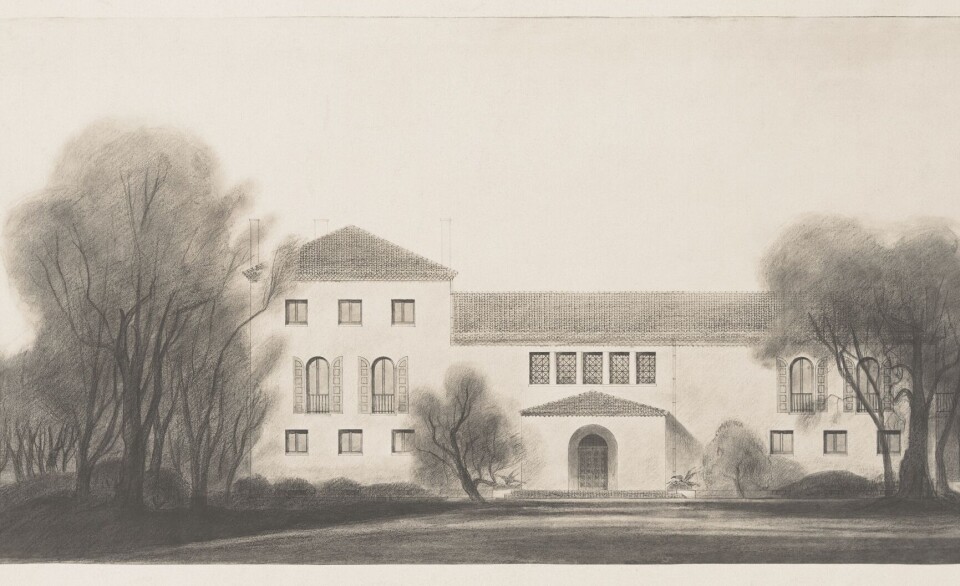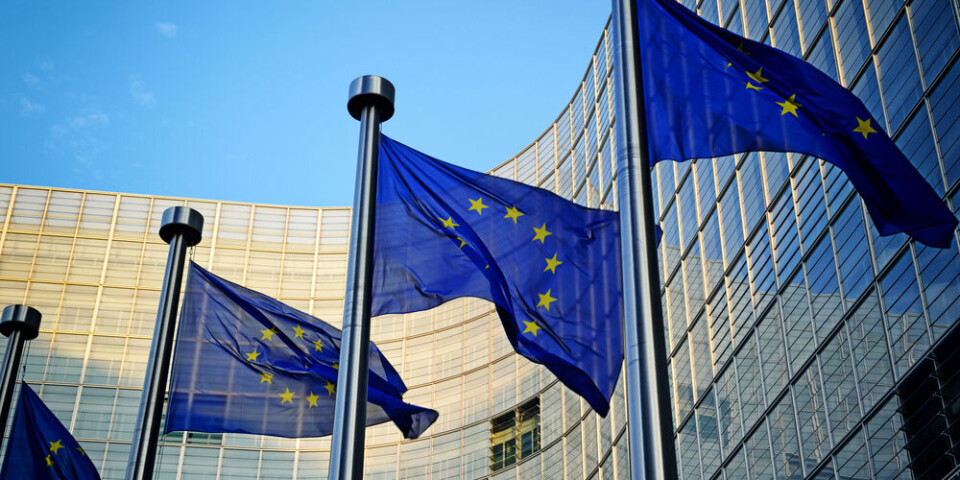-
Number of visa applications declined by France increases but overall percentage falls
Roughly one in every six visa requests refused in 2024
-
French weekend weather forecast October 25 - 26: temperature drop and rain
It will be chilly although south should see conditions improve on Sunday
-
Tourist dies and several injured as Storm Benjamin batters France
The father was swept away while swimming with his children in a river in Corsica
Firefighters using drain water to track Covid-19 in France
Firefighters have been able to map the virus in Marseille using wastewater samples, as plans are underway for a national wastewater-tracking network

Marine Firefighters in Marseille have used water samples taken from drains to map the spread of the Covid-19 virus in the city, and prevent clusters forming in elderly care homes.
Since the first wave of the virus earlier this year, the firefighters have been monitoring wastewater for coronavirus, which can be detected in cells four to seven days after symptoms appear.
Rear Admiral Patrick Augier tole news source Le Huff Post that the fire service first believed the system could be effective when they detected traces of the virus increasing in used water in Marseille prior to a rise in cases became visible through other sources, such as testing.
Since then, they have spread their efforts across the city to try and “map” the spread of the virus.
Mapping virus spread like a ‘war against movement’
Mr Augier said: “Every day we take samples from two collection points. And every week we divide the city into 11 areas. We send out tents to test people in areas that appear to be red [meaning the virus is circulating]."
He described the process as a “war against movement. We have to constantly revise our strategy and try to find where the positive cases are.”
The firefighters also do weekly checks in care homes for the elderly and medical and social centres. As soon as traces of Covid are detected, staff and residents are tested, then “we are able to isolate people very quickly,” Mr Augier said.
In the past few weeks, they have detected traces in 34 care homes, but none have evolved into clusters of contamination and 19 have since returned to normal.
Water tracing not ‘miracle tool’
Professor Vincent Maréchal, virologist at the Sorbonne University in Paris told Le Huff Postthe system was a “very good idea”, but may have a few flaws.
For example, people who are incontinent will not leave traces in wastewater and may go undetected. The time samples are taken may play a crucial role. If samples are taken and someone in a care home with Covid-19 goes to the toilet an hour later, they will also be undetected.
The professor said: “With Covid, a miracle tool doesn’t exist. This is a preventative technique that allows reactivity from the moment that we know where the virus is circulating.”
Wastewater tracing to be used throughout France
However, use of the technique is already increasing. Wastewater sample testing in care homes outside Marseille in the Bouches-du-Rhône department has started.
Additionally, researchers from the Sorbonne and the Institut de Recherche Biomédicale des Armées are also working with regional water provider Eau de Paris to sample test in 150 water purification centres around France.
The testing network, named Obépine, should be operational throughout France and able to provide national data by mid-December. For now, it has confirmed its records show an improvement in the health situation since confinement.
Obépine says its data can shows rises in Covid cases six to seven days before other indicators. In the Ile-de-France this summer, its testing centres showed a rise in contaminations in mid-June whereas positive test results in the region did no start rising until the beginning of July.
As such, professor Maréchal said this wastewater testing network could help monitor the situation and anticipate rises in contaminations during periods of deconfinement. Looking to the future, he said, it could even be expanded to monitor the spread of other infectious illnesses such as the flu.
Related stories
France has passed peak of epidemic says health minister




